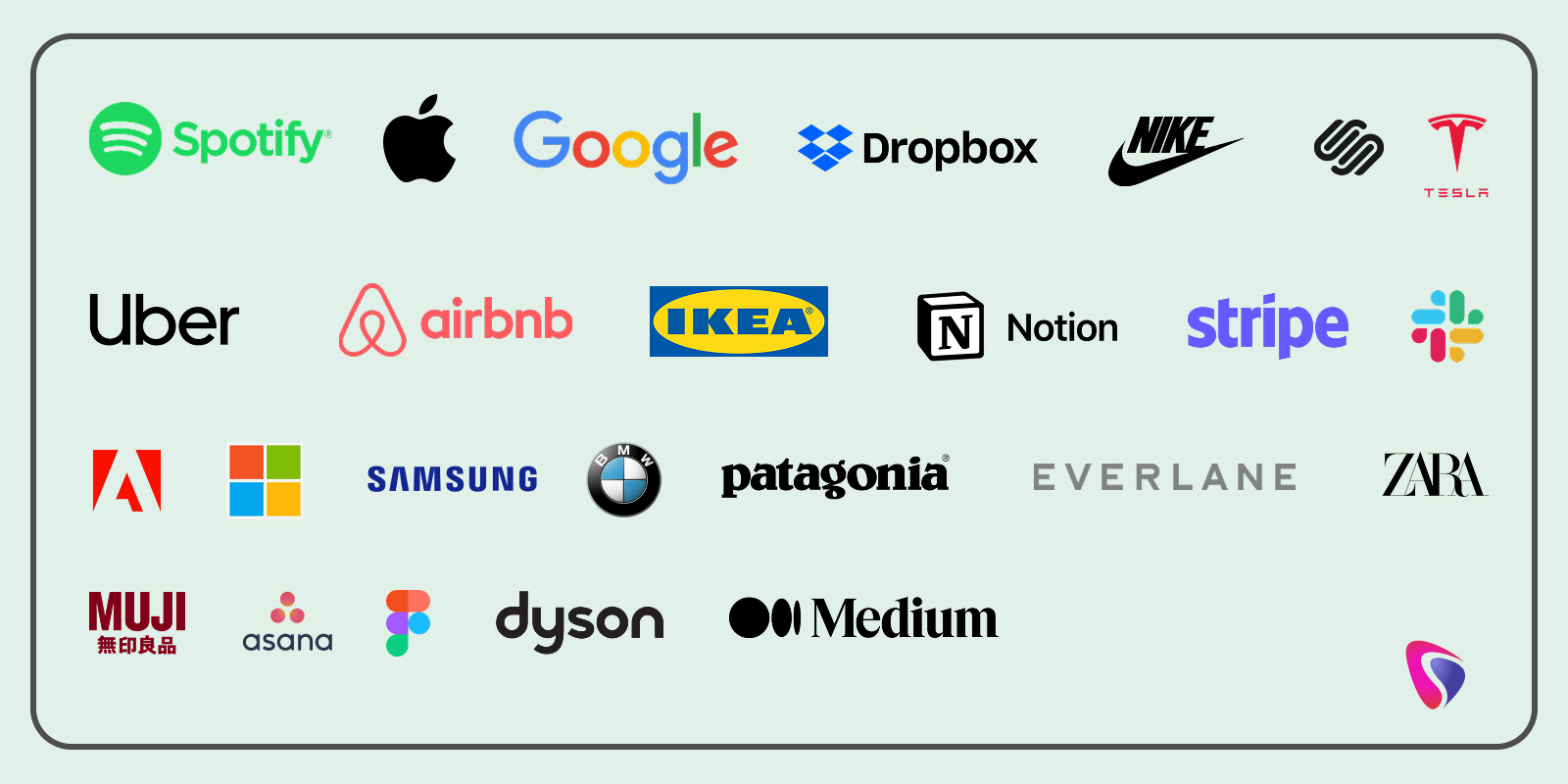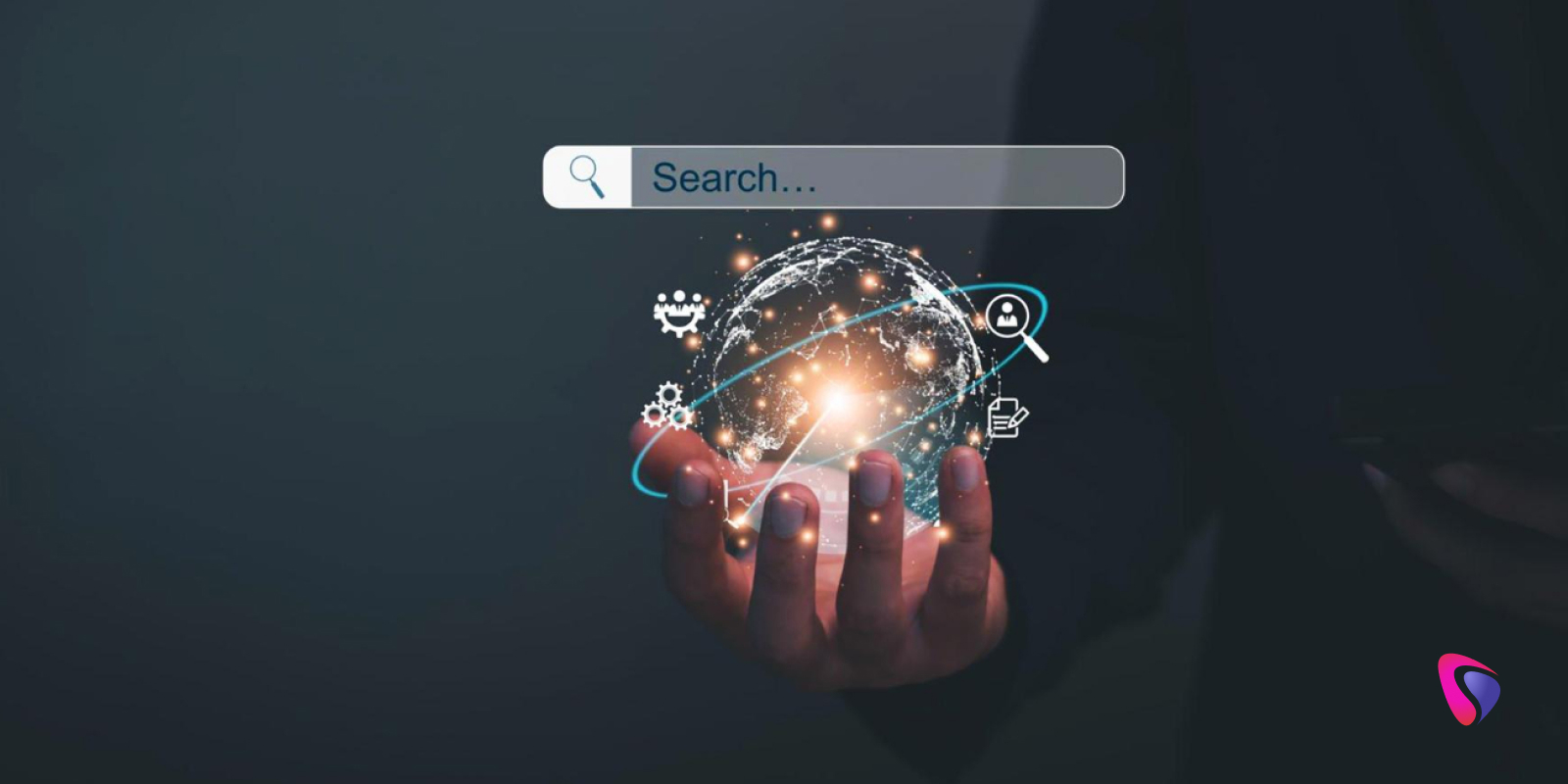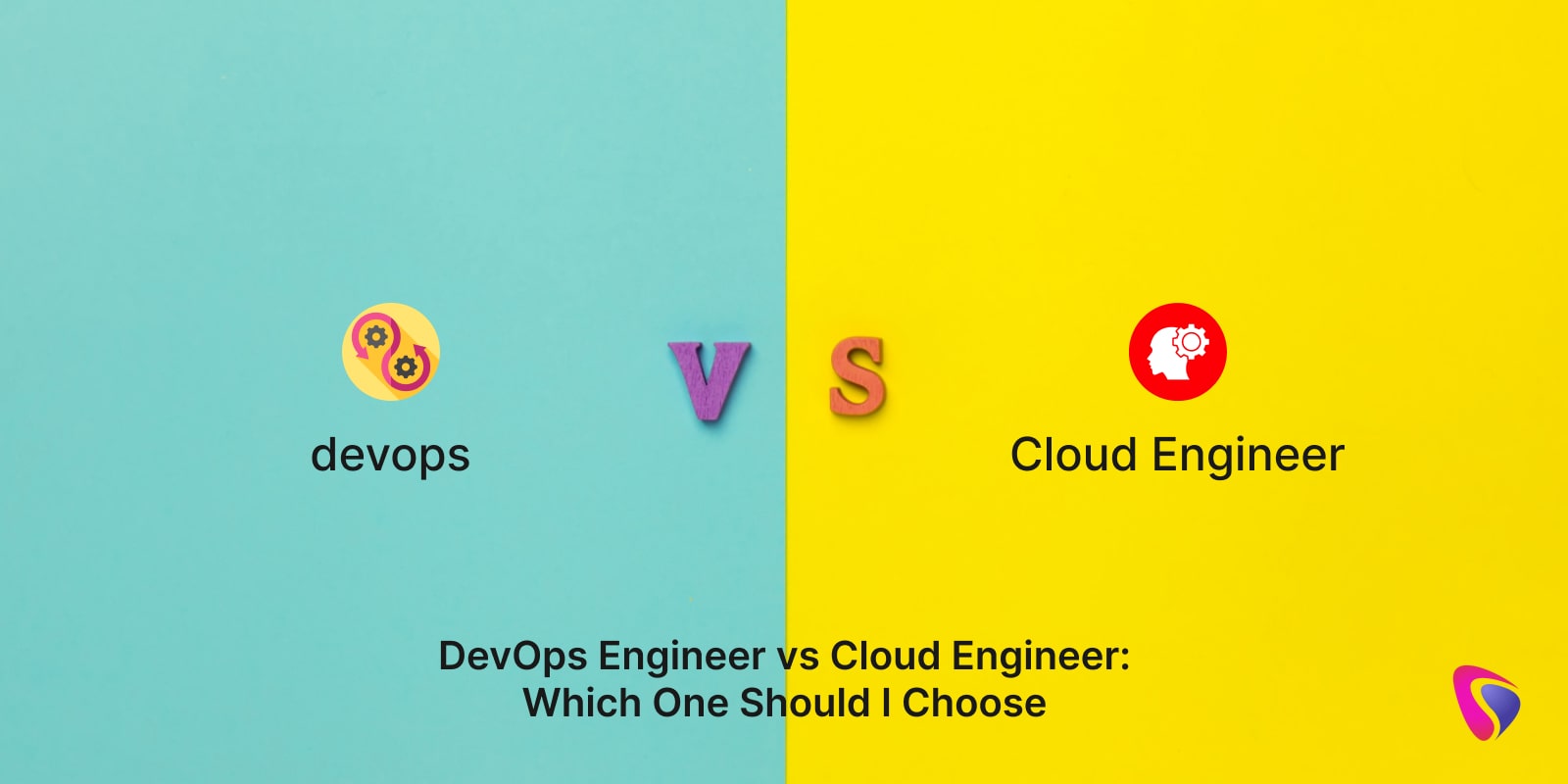
Both DevOps Engineer and Cloud Engineer are essential for businesses looking to boost the effectiveness, scalability, and performance of their IT operations. Nonetheless, the focus, duties, and different skills they require are quite different from one another.
If you cannot decide which career path to take, then this guide will be perfect for you to understand which responsibility each function offers and how to associate it with your career goals. We will reduce everything you need to know to an informed choice, from knowing the work of DevOps engineers to comprehending the future of cloud engineering on platforms like Google Cloud Platform and Amazon Web Services.
Let's assess these cool careers and then see which fits your objectives the best!
What is a DevOps engineer?
DevOps engineers work closely with software development and IT operations so that they can deliver high-quality products quickly and enable collaboration. They use tools like Kubernetes, Docker, and CI/CD pipelines which help them automate processes such as developing, testing, and deploying apps.
Modern enterprises require DevOps engineers simply because they can develop infrastructure as code and good knowledge about cloud platforms like Google Cloud Platform (GCP) and Amazon Web Services (AWS) is required for such infrastructure. Moreover, system monitoring is something for which they have great expertise. In the emerging scenario, they are in great demand due to their contribution towards ensuring the security and stability of systems and fastening the delivery speed of software.
What is a Cloud Engineer?
A cloud engineer is an expert who plans, develops and oversees cloud-based services and infrastructure for businesses. Such an engineer works with platforms like Microsoft Azure, Google Cloud Platform (GCP), and Amazon Web Services (AWS) to help companies realize the benefits of scalability, flexibility, and affordability through cloud technology.
Cloud engineers carry out such tasks as migrating existing systems to the cloud, configuring cloud environments, and optimization of performance and security. They play a critical role in helping the business move into cloud solutions, hence being crucial to organizations that target digital transformation and high operational efficiency.
DevOps Engineer vs Cloud Engineer: Which One Should I Choose?
| Aspect | DevOps Engineers | Cloud Engineer |
|---|---|---|
| Primary Focus | Automating and streamlining the software development life cycle (SDLC). | Designing, building, and managing cloud infrastructure. |
| Key Responsibilities | CI/CD pipeline setup, infrastructure automation, container orchestration, and collaboration between development and operations teams. | Cloud architecture design, cloud migration, cost optimization, and security management. |
| Required Skills |
- CI/CD tools (e.g., Jenkins, GitLab) - Infrastructure as Code (e.g., Terraform) - Containerization (e.g., Docker, Kubernetes) - Monitoring tools (e.g., Prometheus, Grafana) - Programming and scripting (e.g., Python, Bash). |
- Cloud platform expertise (e.g., AWS, Azure, GCP) - Networking and system administration - Cloud migration strategies - Security protocols (e.g., IAM) - Cost and resource optimization. |
| Certifications | - Microsoft Certified DevOps Engineer Expert - DevOps Agile Skills Association Certifications - Kubernetes Certification. |
- AWS Certified Solutions Architect - Google Cloud Professional Architect - Microsoft Azure Solutions Architect Expert. |
| Average Salary | 4 to 14 LPA on average | 3.5 and 13 LPA on average. |
| Industries | Tech, finance, e-commerce, healthcare, and more. | Tech, retail, finance, government, and more. |
| Demand in Market | High due to the rise of agile methodologies and automation needs. | High due to the increasing adoption of cloud computing solutions. |
| Best for Individuals Interested In | Software automation, streamlining development processes, and improving collaboration. | Designing scalable infrastructure, optimizing cloud systems, and ensuring security. |
What DevOps engineers do vs What Cloud Engineers do
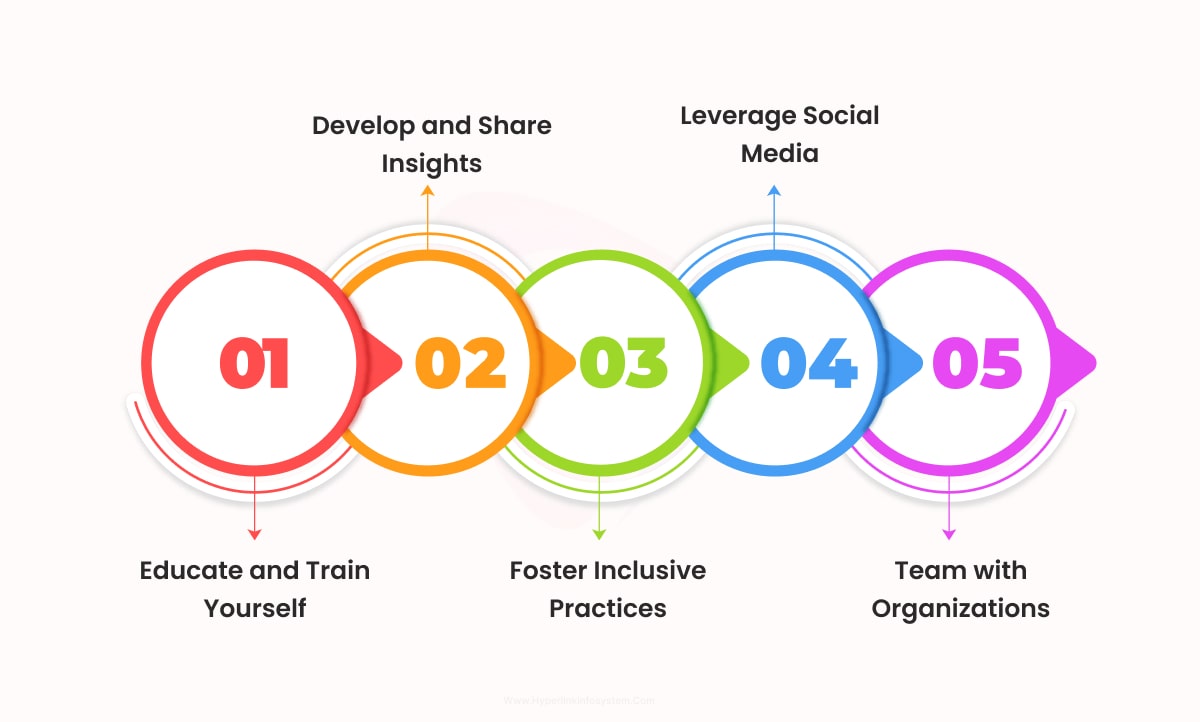
What DevOps Engineers Do
DevOps engineers focus on optimizing the SDLC by integrating the development and operations teams. They use technologies like infrastructure as code, continuous integration/continuous delivery, and containerization using Kubernetes for automation processes to ensure stable, fast software deployments.
They also have responsibilities like monitoring the performance of a system, removing bottlenecks, and putting security procedures in action. In the mission to produce high-quality software with agility and efficiency, DevOps engineers work together across teams at different stages of development.
What Cloud Engineers Do
Cloud engineers can work with platforms like Microsoft Azure, Google Cloud Platform (GCP), and Amazon Web Services (AWS) to develop scalable and secure solutions while focusing on developing and overseeing cloud-based infrastructure for enterprises.
Some of their duties include cloud application migration, cloud service configuration, cost-effectiveness assurance, and performance optimization. To ensure that organizations can efficiently utilize cloud technology, cloud engineers are also responsible for implementing disaster recovery plans and monitoring the cloud environment.
Key Difference
These two share similar interests in current tools and working with cloud technologies, yet a cloud engineer tends to be more interested in building and maintaining the very cloud infrastructure that enables development and deployment processes, as opposed to DevOps engineers, who tend to focus on automating these processes. The decision must be based on what interests you the most.
Skills Required to Become a DevOps Engineer vs Skills Required to Become a Cloud Engineer
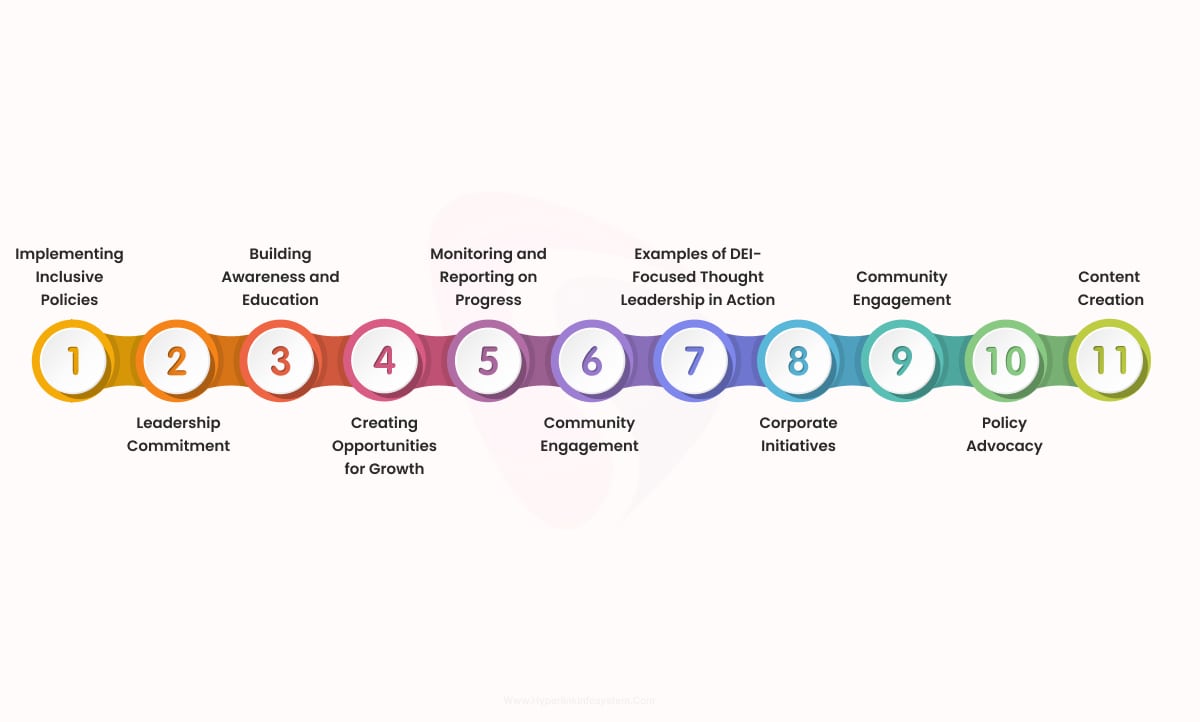
Skills Required to Become a DevOps Engineer
- Needs to know languages like Python, Ruby, or Bash to automate and script different tasks.
- Familiarity with tools like Jenkins, GitLab CI/CD, or CicleCI.
- Working experience with Docket and Kubernetes to manage and deploy containerized apps.
- Must be familiar with tools like Terraform or Ansible.
- Knowledge of services in AWS, Azure, or GCP, since most DevOps environments are cloud-based.
- Effective cooperation and communication between the operations and development teams are critical.
Skills Required to Become a Cloud Engineer
- Full knowledge of the services provided by AWS, Google Cloud Platform, and Microsoft Azure on the cloud.
- Strong understanding of subnets, virtual networks, and security protocols for safe cloud settings.
- App-migration safety and effective transition of in-house apps to the cloud on-premise.
- Familiarity with cloud storage technologies such as Google Cloud Storage and AWS S3.
- Know how to work with tools like Terraform or CloudFormation.
- Familiarity with the management of tools related to cloud infrastructure, such as Terraform or CloudFormation. Understanding of specific security procedures within the cloud, for instance, encryption and Identity and Access Management (IAM). Acquire experience through professional certifications like Microsoft Certified Azure Solutions Architect Expert, Google Cloud Professional Cloud Architect, or AWS Certified Solutions Architect.
Key Difference in Skills
Although both positions require an understanding of the cloud platform, the difference is that cloud engineers focus more on cloud architecture, networking, and system optimization. In contrast, DevOps engineers are focused more on automating, CI/CD, and development processes. Your choice depends on your preference for the development and automation of infrastructure rather than scalability.
Roles and Responsibilities: DevOps Engineers vs. Cloud Engineers
1. This includes creating CI/CD pipelines to design, implement, and maintain them for automation in the deployment of software.
2. Utilize applications like Terraform and Ansible for infrastructure as code (IaC).
3. Employ the use of container technologies like Docker and orchestration tools like Kubernetes for apps.
4. Collaborate with developers, testers, and IT teams for maximum SDLC.
5. Monitoring tools, for instance, Prometheus and Grafana, must be utilized to monitor system performance and dependability.
6. Ensure security procedures are followed within the development phase to ensure applications are delivered securely.
7. Detect and correct infrastructure and deployment problems quickly.
Roles and Responsibilities of a Cloud Engineer
1. Use tools such as Microsoft Azure, Google Cloud Platform (GCP), or Amazon Web Services (AWS) to design and build scalable, reliable cloud environments.
2. Lead on-premise application and system migration to the cloud.
3. Resource Optimization: Monitor and manage cloud resources to ensure performance and cost-effectiveness.
4. Security Implementation: Implement and set up robust security measures, including encryption and Identity and Access Management (IAM).
5. Backup and Recovery: Implement data and application backups and disaster recovery policies.
6. System Maintenance: Ensure optimal performance by updating, patching, and maintaining the cloud systems constantly.
7. Support Development Teams: Collaborate with development teams to provide cloud-hosted application infrastructure support.
Key Difference in Roles
DevOps engineers are mainly concerned about automation and the development pipeline, which ensures that the products are delivered efficiently and rapidly.
Cloud engineers concentrate on infrastructure, making sure the cloud environment is economical, scalable, and secure.
You should decide based on whether you would prefer to work on infrastructure and architecture (Cloud) or development and automation (DevOps).
Salary: DevOps Engineer vs. Cloud Engineer
DevOps Engineer Salary
Location, level of experience, and organization size all impact how much a DevOps Engineer gets paid. Typically, DevOps engineers receive between 4 to 12 LPA in India.
Leading companies such as Amazon, Microsoft, and Google offer competitive salaries that are often higher than the industry standard. A strong salary increase with certifications such as the Microsoft Certified DevOps Engineer Expert and proficiency in tools such as Kubernetes can significantly enhance earning potential.
Cloud Engineer Salary
Because of the tremendous demand for cloud skills, cloud engineers are also remunerated likewise. In India, cloud developers generally earn between 3.5 and 13 LPA on average.
Especially for positions involving cloud architecture or migration, certifications such as Google Cloud Professional Architect or AWS Certified Solutions Architect can improve pay possibilities.
Key Consideration
Though both of them are well-paying positions, income potential could vary with specialisation and the size of the organization, assuming that they possess the appropriate certifications. Those interested in the development pipeline may be drawn to the DevOps careers, while cloud engineers may earn more in tasks related to advanced system administration and design of clouds.
Current Scenario and Demand: DevOps Engineer vs. Cloud Engineer
DevOps Engineers
As organizations seek to transform their software delivery procedures, today's tech landscape highly covets DevOps engineers. With the increasing use of agile approaches and the need for continuous deployment, organizations are spending money on qualified DevOps specialists to optimize their SDLC process.
Sector jobs such as technology, healthcare, e-commerce, and finance highly rely on DevOps engineers to increase operational efficiency. More DevOps tools usage, including Docker, Kubernetes, and CI/CD pipelines, also shows the importance of this position. The pool of qualified professionals with a Microsoft-qualified DevOps Engineer Expert is ever-growing due to the emerging requirements of different businesses adopting DevOps strategies.
Cloud Engineers
The broad application of cloud computing in businesses is creating an equal demand for cloud engineers. Companies are shifting rapidly into platforms like Microsoft Azure, Google Cloud Platform (GCP), and Amazon Web Services (AWS) to avail themselves of lower and scalable costs.
Because they design and manage cloud infrastructures, cloud engineers play an important role in this process. Because of increased demands for better security, cost optimization, and disaster recovery solutions, this role has become indispensable. Ascertained within the context of digital transformation, certifications such as AWS Certified Solutions Architect and Architecting with Google Cloud Platform are recognized.
Current Trends
Hybrid Roles: Individuals with dual skill sets are even more attractive as many organizations are now specifically looking for individuals who have expertise in both cloud and DevOps.
Both of the jobs will have benefited from the shift towards working in remote locations since their work can be managed effectively from any location.
High Pay: Both occupations gain high pay due to the increasing trend of using DevOps techniques and cloud-based solutions all over the world.
Conclusion
There is no evidence that this requirement for cloud and DevOps engineers would be diminishing. It depends on your interests to continue with Cloud to architect and design infrastructures or to follow DevOps for automating and providing development processes. Both will bring challenging professions with much room for growth.
FAQs
Q. Which is better, DevOps or Cloud?
Ans. This will depend on your interests. Though cloud computing involves the development and management of scalable cloud infrastructure, DevOps focuses on automating and improving software development processes. Both jobs hold impressive growth potential and are highly in demand.
Q. Which is better for DevOps Azure or AWS?
Ans. Both AWS and Azure make excellent choices for DevOps. Because AWS is widely recognized and offers a wide variety of tools, Azure can easily interface with Microsoft services. Let the platform that your target industry has selected guide your choice.
Q. Are Cloud and DevOps the future?
Ans. Indeed, both complement the modern technology of tomorrow. DevOps ensures faster, reliable software delivery, while cloud computing allows scalable and affordable solutions. Put together, they are transforming the world of software development and IT operations.
Q. Can a fresher get a job in DevOps?
Ans. Absolutely, but new hires can get into DevOps by learning the required skill, such as programming languages, CI/CD technologies, and relevant certifications, such as Azure DevOps or Kubernetes. Relevant practice projects and internships might help your prospects.











